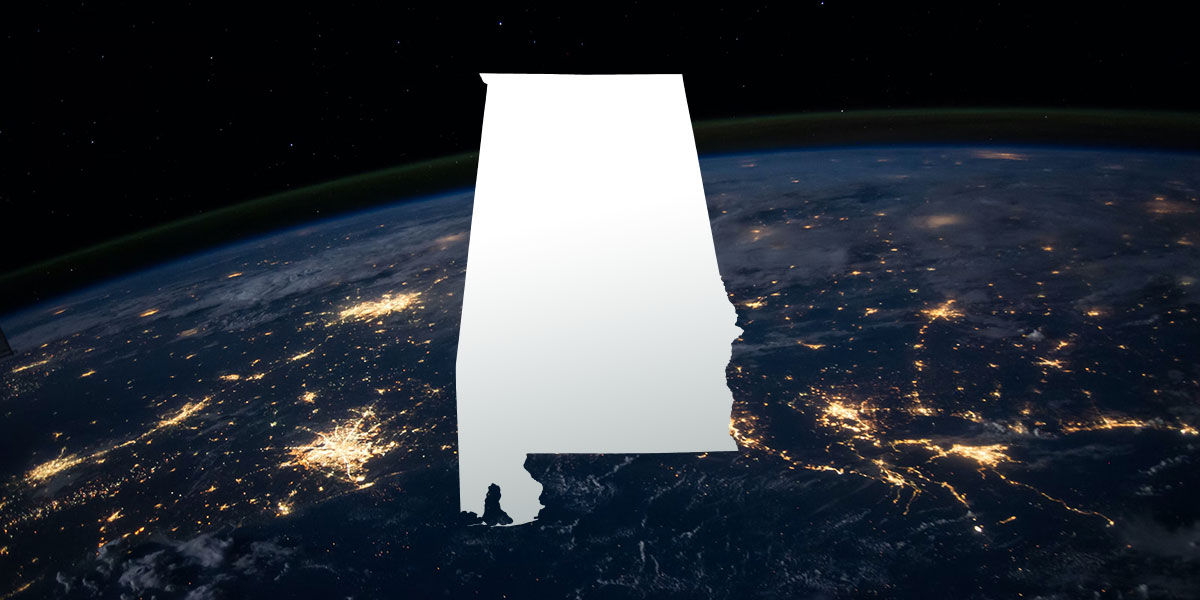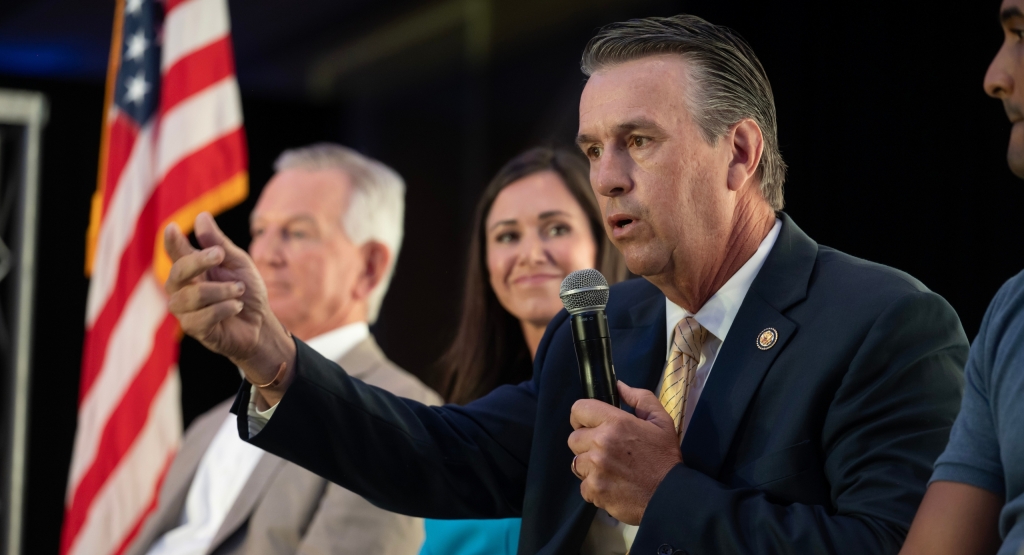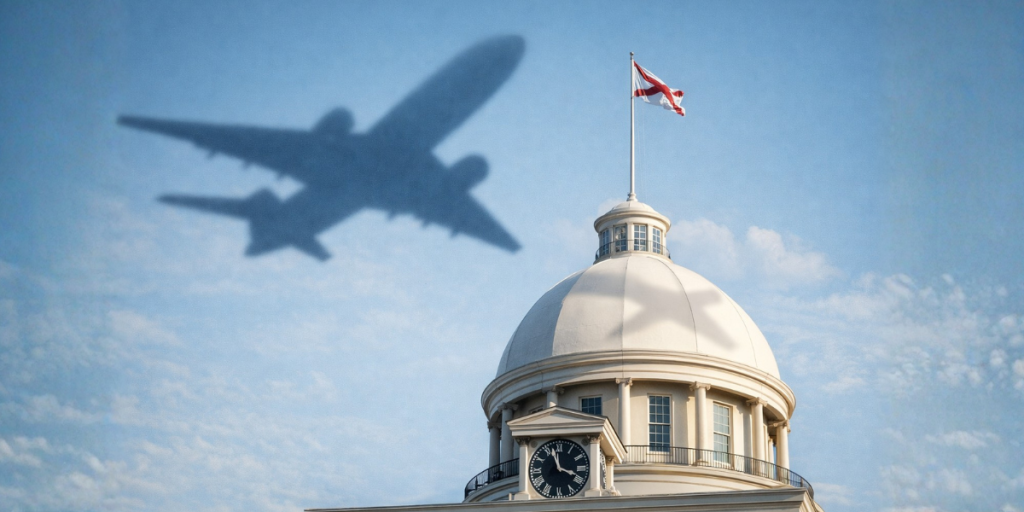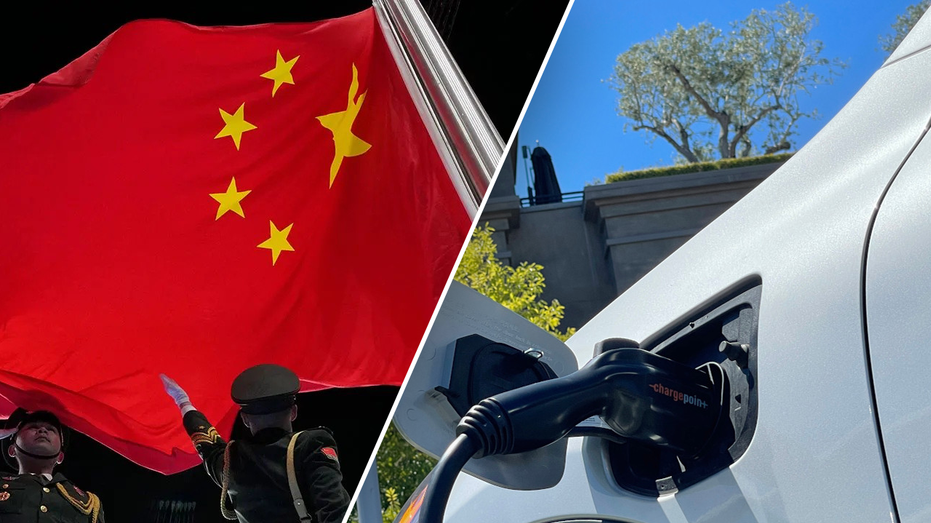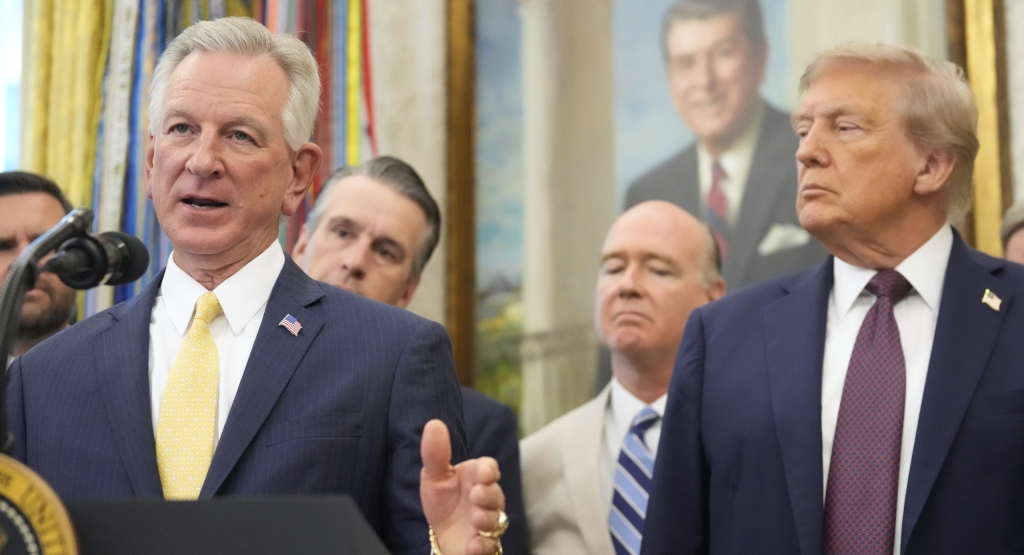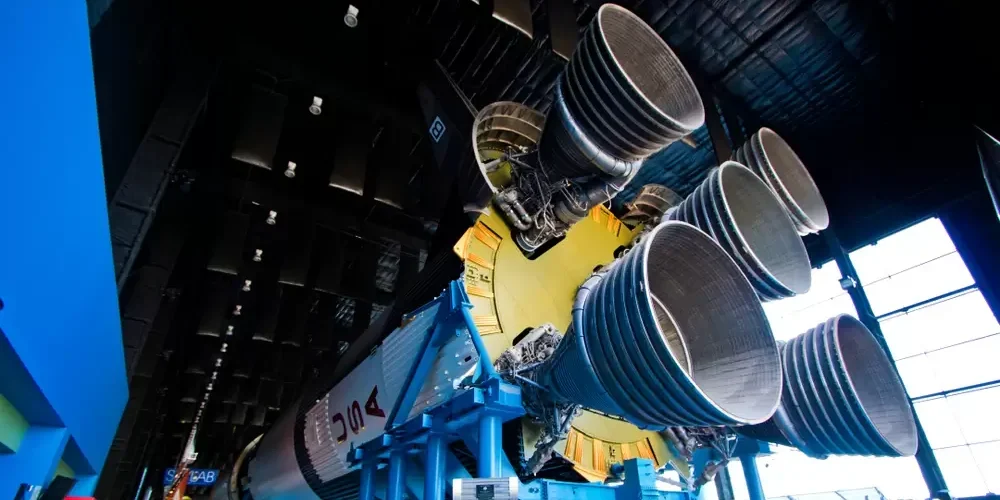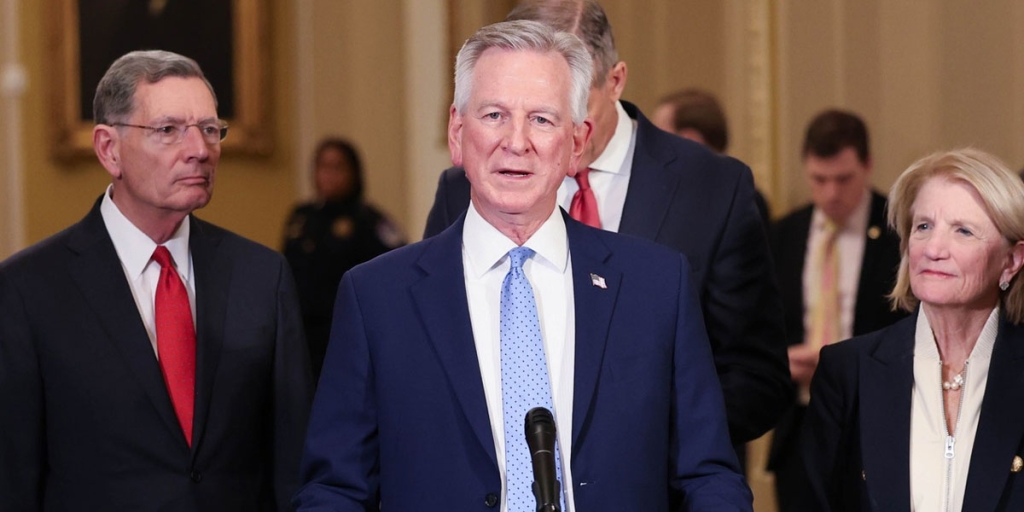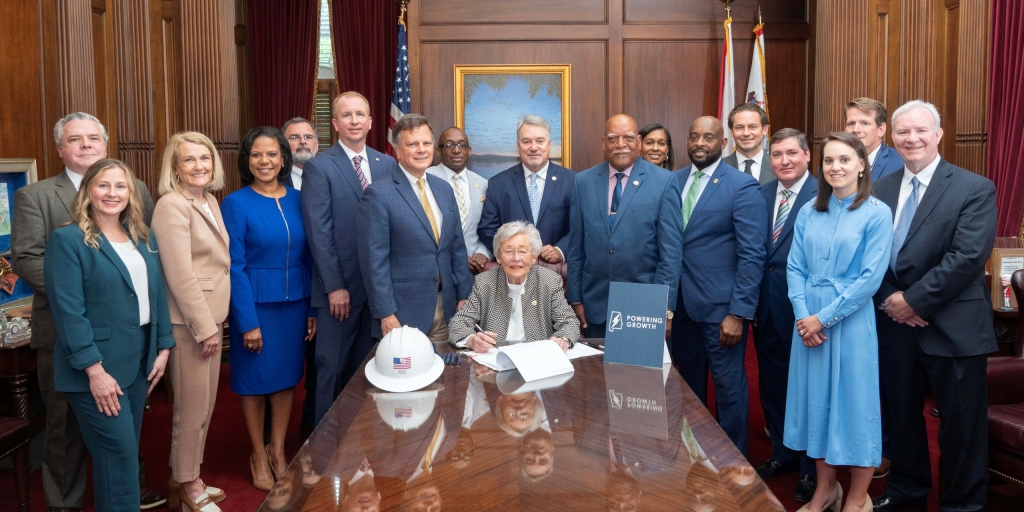In testimony that resembled a pep talk, U.S. Sen. Katie Britt offered high praise last week for Huntsville’s Marshall Space Flight Center and its administration.
Britt (R-Ala.) participated in a Senate Appropriations Subcommittee on Commerce, Justice, Science, and Related Agencies hearing with NASA Administrator Bill Nelson regarding the Fiscal Year 2025 NASA and National Science Foundation budgets.
“I want to take this opportunity to express my thanks and appreciation to the civil servants, the suppliers, the contractors, all of [whom] work tirelessly to continue to support the missions at Marshall Space Flight Center,” said Britt (R-Montgomery). “I want to note for the record that I have [absolute] full faith and confidence in Marshall’s newest director, Director Joseph Pelfrey.
“He has done a tremendous job and I’m excited to continue to be able to work with him.”
In Britt’s line of questioning, she began by praising Pelfrey, as well as Marshall’s entire team of staff members and vendors who support everything from day-to-day operations to missions that advance research and space exploration and critical national security priorities.
Britt highlighted the major programs led by Marshall, including the Space Launch System, Human Landing System and Nuclear Thermal Propulsion.
RELATED: Britt helps provide billion-dollar boost for NASA in Alabama
“Administrator Nelson, I understand the budget realities and fiscal constraints that you were under when formulating this budget request, and I just want to say thank you,” she said. “Thank you for continuing to fund several of Marshall’s key priorities that are critical to carrying out so many of the missions, the Space Launch System, the Human Landing System, and the Nuclear Thermal Propulsion. I am greatly appreciative and look forward to working with you on each of those.
“I know we must continue to invest in these important programs.”
Additionally, Britt questioned Nelson on whether he believed NASA has the adequate resources to ensure the Artemis II mission does not experience further delays.
“Maintaining the Artemis mission schedule is imperative to ensuring that we beat China back to the moon,” she said. “However, earlier this year, NASA revealed that because of various safety and hardware issues, the Artemis II mission is now delayed until September 2025, so nearly one year behind schedule.
“I appreciate NASA’s diligence and addressing these issues, specifically the heat shield in Orion, [the] spacecraft where the crew will be housed. The safety and well-being of our astronauts is of the utmost importance, so I appreciate you making sure that that is a priority.”
Nelson said Artemis II is currently “meeting all the milestones” to maintain its scheduled launch date of September 2025.
RELATED: Britt praises Marshall Space Flight Center, employees
“I can assure you, we will not launch until it’s ready. We have had to make tough choices and in this budget for expiration, we are down a half a billion dollars,” he said. “We will make do with that. We are still on the schedule for September of (20)25. Artemis II is meeting all the milestones.
“We are doing extra examination of some of the unusual things that happened on the heat shield, and obviously we’re not going to fly that until we’re ready.”
Britt also noted her concerns with aspects of NASA’s Vision 2040 initiative, specifically the importance of allowing NASA centers, like Marshall Space Flight Center, to retain “direct oversight” over their programs.
“I strongly believe that our centers who are responsible for the success of NASA programs, whether it’d be SLS or Spacesuits or Exploration Ground Systems, should retain their direct oversight and responsibilities of their program managers, their workforce, and their program’s long term success,” she said.
Nelson agreed to inform the senator of additional Vision 2040 updates, stating that Alabama is “inextricably entwined in the success of NASA.”
“The amount of money NASA sends to Alabama is $2.7 billion each year. That’s about 14% of NASA’s entire budget,” he said. “And that includes 24,000 direct NASA employees. So Alabama is a very big part of what is happening and is inextricably entwined in the success of NASA and our Moon to Mars program.”
This story originally appeared in 256 Today.




